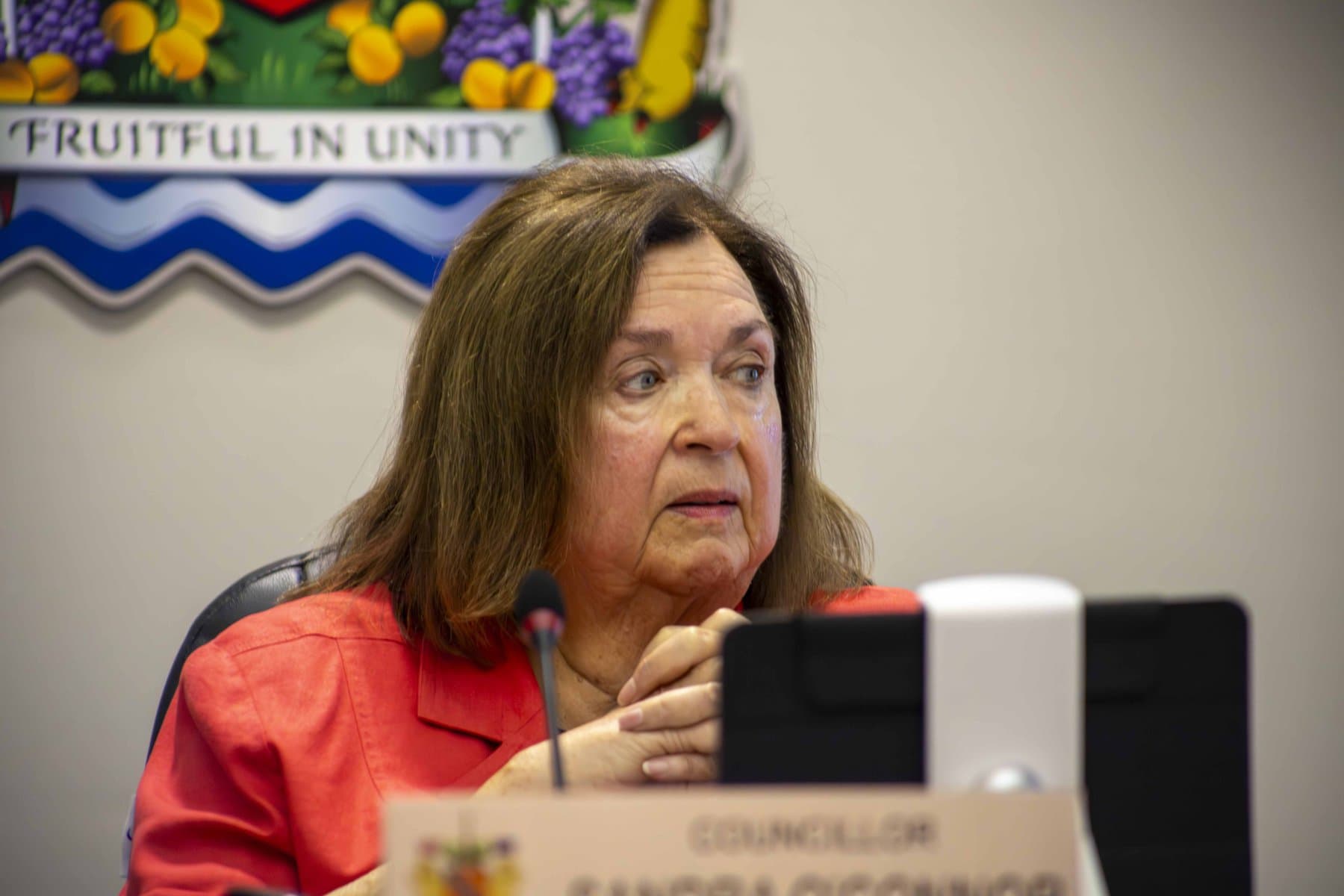Niagara-on-the-Lake plans to use Niagara Region planners to help the town handle some of its planning responsibilities.
It is part of the town’s effort to adapt to legislative changes introduced by the provincial government last October.
The Progressive Conservative government decided to move somemunicipal planning responsibilities from the region to the town when it passed Bill 23, the More Homes Built Faster Act.
The shift in responsibility has placed more pressure on small-town planning departments which tend to have fewer staff, especially people with specialized planning skills.
The deal, approved at a committee of the whole meeting, will ease some of those burdens by bringing regional planning staff on board as advisers when necessary.
“Bill 23 did contemplate that not all lower-tier municipalities may be equipped to handle all the regional planning reviews,” Diana Morreale, the region’s director of urban planning, told council at the meeting Sept. 19.
Neither she nor town staff were sure when the legislative changes introduced by Bill 23 would take effect.
A draft of the agreement approved by council lists the planning services the town may need help with.
Among them are project reviews involving former landfills, those needing environmental reviews and screening for water protections.
Project reviews like these will be covered by development fees.
The region is also offering its support on specialized projects, like watershed and secondary plans, but these come at a rate of $85 an hour.
“This rate is anticipated to be less expensive than hiring additional staff or procuring consulting services,” said a staff report by NOTL planning director Kirsten McCauley.
Coun. Erwin Wiens said the arrangement was like “subcontracting out to the region.”
“This is an excellent example of moving ahead with shared services in a very efficient manner,” Lord Mayor Gary Zalepa said.
Coun. Sandra O’Connor said working with the region was one of two options available to the town.
The other was to get enough planners and experts on the town payroll so NOTL could keep planning services “in-house.”
“It’s my understanding that we’re going forward with this route now as a transition,” O’Connor said.
She wanted to see more information on the town’s transition plans in the staff report, but supported the decision to work with the region, despite her concerns.
Coun. Gary Burroughs asked if residents would see regional tax decreases given the diminishing role of the region’s planning department.
“If staff were to cease to exist based on the changes of Bill 23, there are no changes to the overall regional tax rate because we are fee-for-service,” said Morreale.
This means that the region’s planning department provides a service covered by fees charged to developers throughout the development process and is not paid out of the regional tax levy.









